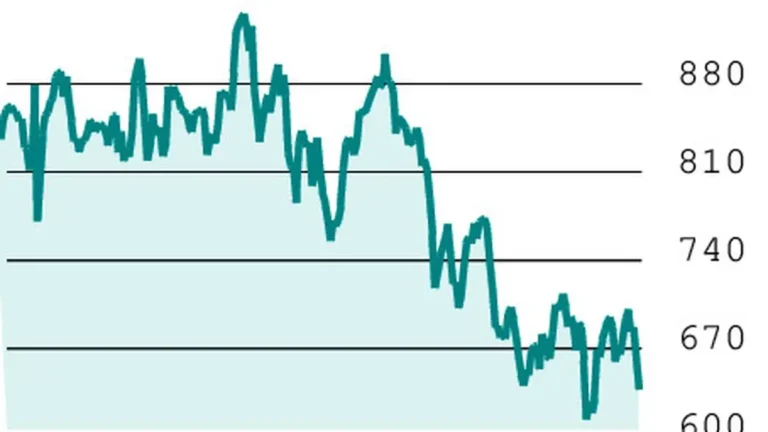New Delhi, Jun 2 (KNN) The government has established an Inter-Ministerial Group (IMG) to evaluate Quality Control Orders (QCOs) proposed by various ministries and examine alternative implementation approaches, including graded standards and exemptions for Indian manufacturers meeting specific criteria.
The new framework requires all ministries and departments to obtain IMG recommendations before notifying any QCO.
The group comprises senior officials from the ministries of finance, commerce and industry, consumer affairs, and the Bureau of Indian Standards (BIS), among other relevant departments.
According to a Cabinet Secretariat office memorandum, the IMG has been formed to address differing views on QCO content and necessity while promoting a coordinated ‘Whole of Government’ approach.
The Cabinet Secretariat noted that QCO implementation often affects sectors under different ministerial jurisdictions, leading to instances where departments hold varying perspectives on the content or need for specific quality control measures.
The new system aims to streamline this process through centralised assessment and evaluation.
Under the established framework, any QCO proposal must be referred to the IMG for assessment and evaluation, in addition to the existing requirement for Bureau of Indian Standards consultation.
The group’s Terms of Reference include evaluating proposed QCOs, providing recommendations, and examining ministry requests for reconsideration, review, or modification of existing orders.
In addressing unfair trade practices, the IMG will assess whether identified problems are generic and cross-cutting in nature or specific to particular countries.
The group may employ both quantitative criteria, such as restrictiveness scoring methodologies, and qualitative assessments based on relative advantages and disadvantages of proposed measures.
The IMG has been specifically tasked with considering the interests of Indian Micro, Small, and Medium Enterprises (MSMEs) while exploring implementation alternatives.
These alternatives include examining graded standards that specify different quality levels for identical products, and investigating exemptions for Indian manufacturers who meet de minimis standards from BIS licensing requirements, self-certification, and third-party certification processes.
The memorandum emphasises that when QCOs impose standards not aligned with international benchmarks, strong justification must be recorded.
This requirement takes into account potential costs that may arise for exporters and other stakeholders due to such differential standards, ensuring that any departure from international norms is properly documented and justified.
(KNN Bureau)














